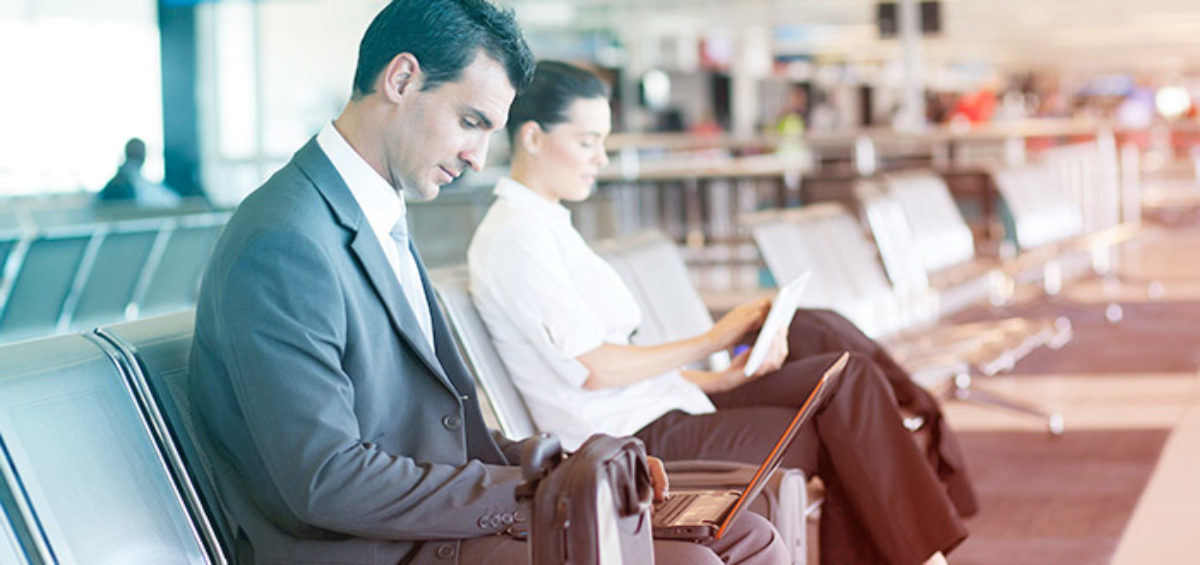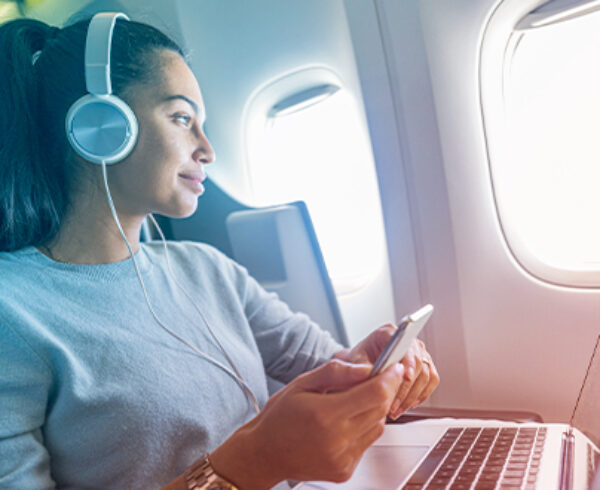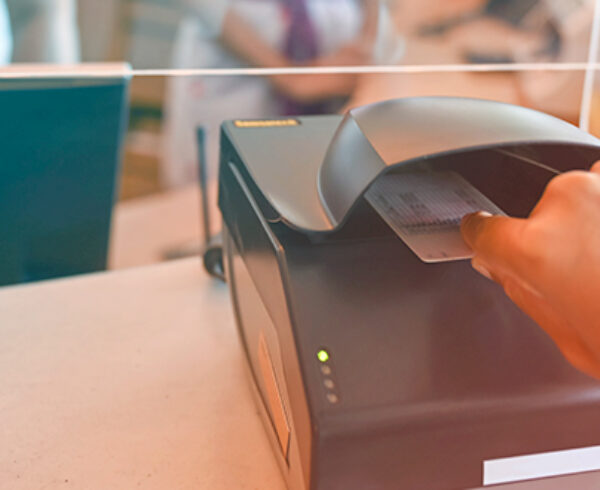By now you have probably heard the news about the US and UK banning laptops, tablets and other large electronic devices from the cabin of flights from both the Middle East and North Africa. All passengers, regardless of citizenship, will now be required to check those devices into the luggage hold area.
It appears the U.S. ban will affect more than 50 flights a day from 10 airports, which include major hubs such as Dubai and Istanbul. The UK ban affects 6 countries, 2 of which are not on the U.S. list – Tunisia and Lebanon.
We understand business travelers are accustomed to bringing tablets and laptops to catch up on work or watch movies while in flight. Many are reluctant to check in expensive devices, or ones with sensitive information stored on them, for fear of loss or damage to luggage and its contents.
In light of this new ban, we decided to pull together some facts from trusted sources on how the ban will affect Business Travelers and Travel Managers.
When will it take effect?
According to CNN, the U.S. government officially notified the airlines at 3 a.m. ET Tuesday, March 21 and airlines have 96 hours to fully comply.
They also reported that if airlines don’t comply, a senior U.S. official said: “We will work with the FAA to pull their certificate and they will not be allowed to fly to the United States.”
It’s being reported the UK said simply that its measures would be introduced soon and would be kept under constant review.
Which airports are involved?
The U.S. ban covers 10 airports, including Cairo, Egypt; Dubai and Abu Dhabi, United Arab Emirates; Istanbul, Turkey; Doha, Qatar; Amman, Jordan; Kuwait City; Casablanca, Morocco; and Jeddah and Riyadh, Saudi Arabia.
The Department of Homeland Security stated in their fact sheet that the ban was a response to “evaluated intelligence,” and that “terrorist groups continue to target commercial aviation and are aggressively pursuing innovative methods to undertake their attacks, to include smuggling explosive devices in various consumer items.” So it appears the new U.S. policy isn’t based on a specific or near-term threat, but on more general intelligence. “Secretary of Homeland Security John Kelly and Transportation Security Administration Acting Administrator Huban Gowadia have determined it is necessary to enhance security procedures for passengers at certain last point of departure airports to the United States.”
The UK list is shorter. It covers all inbound flights from Turkey, Lebanon, Egypt, Tunisia and Saudi Arabia, but omits airports such as Dubai, Abu Dhabi and Doha.
Airports Affected by U.S. Ban |
Countries Affected by UK Ban |
| Cairo | Turkey |
| Dubai | Lebanon |
| Abu Dhabi | Egypt |
| Istanbul | Tunisia |
| Doha | Saudi Arabia |
| Amman | |
| Kuwait City | |
| Casablanca | |
| Jeddah | |
| Riyadh |
Which airlines are affected?
The 9 airlines that operate direct flights to the U.S. from affected airports are Egyptair, Emirates Airline, Etihad Airways, Kuwait Airways, Qatar Airways, Royal Air Maroc, Royal Jordanian Airlines, Saudi Arabian Airlines and Turkish Airlines.
U.S. airlines are not affected because none of them currently fly from the airports in question to the U.S. This means passengers will still be allowed to take electronic devices onto flights departing from the U.S.
The 14 airlines included in the UK restrictions are British Airways, EasyJet, Jet2.com, Monarch, Thomas Cook, Thomson, Turkish Airlines, Pegasus Airways, Atlas-Global Airlines, Middle East Airlines, Egyptair, Royal Jordanian, Tunis Air and Saudia.
Carriers Affected by U.S. Ban |
Carriers Affected by UK Ban |
| Egyptair | Atlas-Global Airlines |
| Emirates Airline | British Airways |
| Etihad Airways | EasyJet |
| Kuwait Airways | Jet2.com |
| Qatar Airways | Middle East Airline |
| Royal Air Maroc | Monarch |
| Royal Jordanian Airlines | Pegasus Airways |
| Saudi Arabian Airlines | Royal Jordanian |
| Turkish Airlines | Saudia |
| Thomas Cook | |
| Thomson | |
| Tunis Air | |
| Turkish Airlines |
Which devices are banned?
Electronic devices the size of your commonly available smartphone will be allowed, anything larger must be checked in. As stated in the DHS fact sheet, that means all laptops, cameras, tablets, e-readers, portable DVD players, electronic gaming devices and travel printers or scanners will have to be kept in the cargo hold for the duration of the flight.
Medical devices required during the flight will still be allowed in the cabin, but only after a security screening.
JTB Travel Advisors are available to answer any questions you may have before your next flight.














Leave a Comment